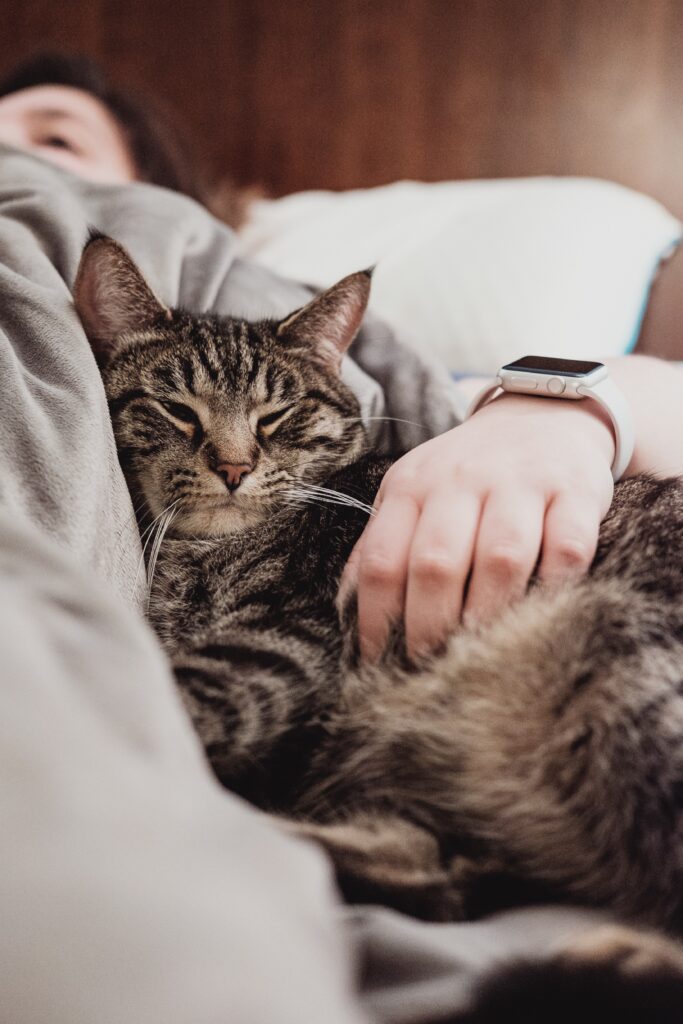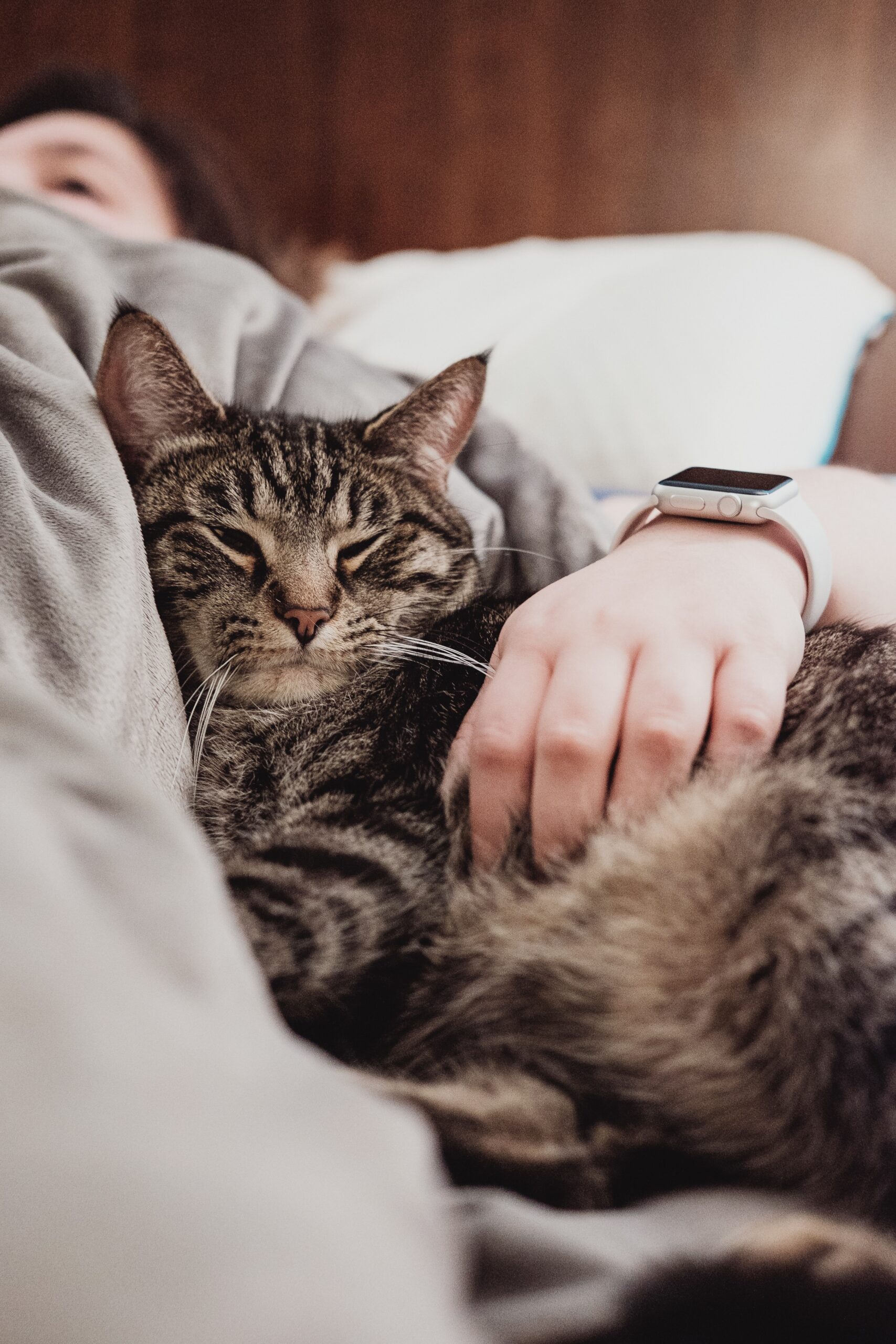Pets can bring so much joy and companionship to our lives, but their rambunctious behavior can sometimes lead to noise concerns in hotels. Whether it’s barking, meowing, or the sound of nails clicking on the floor, these noises can disrupt the peaceful ambiance that hotels strive to provide. However, pet friendly hotels have cleverly devised strategies to tackle these noise concerns without compromising on the comfort of their furry guests. From designated pet-friendly floors to offering soundproofing options, these hotels have found innovative ways to ensure a pleasant stay for both pet owners and non-pet owners alike.

Noise Concerns in Pet Friendly Hotels
Pet friendly hotels have become increasingly popular as more and more people choose to travel with their furry companions. While these hotels strive to create a welcoming environment for both guests and pets, one concern that often arises is noise. The presence of pets in hotels can sometimes lead to noise disturbances, which may affect the comfort and relaxation of other guests. Therefore, it is important for pet friendly hotels to carefully address and manage noise concerns to ensure a pleasant experience for everyone.
1. Understanding the Impact of Noise in Hotels
Before delving into the strategies and solutions to address noise concerns in pet friendly hotels, it is crucial to understand the impact of noise in such environments. Excessive noise can disrupt guests’ sleep patterns, increase stress levels, and impede the overall quality of their stay. For guests who are already staying in a new, unfamiliar place, unexpected noises can further heighten their anxiety and discomfort. It is important to recognize that noise not only affects humans but also affects pets, who may become stressed or agitated in excessively noisy environments.
2. Potential Noise Sources in Pet Friendly Hotels
Identifying the potential sources of noise in pet friendly hotels is the first step in addressing noise concerns. Some common noise sources in these establishments include barking dogs, loud conversations, pet toys, and activities such as running or playing. Additionally, noise can also stem from neighboring rooms, corridors, or common areas. It is crucial for hotel management to recognize these sources and develop strategies to minimize their impact on guests’ experience.
Building Design and Layout
The design and layout of a pet friendly hotel play a crucial role in managing noise concerns. Here are some strategies that hotels can adopt:
1. Soundproofing Techniques
Implementing effective soundproofing techniques is key to reducing noise transmission between rooms and common areas. This can include installing sound-absorbing materials on walls, ceilings, and floors, such as acoustic panels or insulation. Additionally, double-glazed windows can help minimize noise from outside sources. By investing in these soundproofing measures, hotels can create a more peaceful and serene environment for their guests and their pets.
2. Isolating Pet Areas from Guest Rooms
Another effective approach to mitigating noise concerns is to strategically isolate pet areas from guest rooms. This can be achieved by designating specific floors or sections of the hotel exclusively for guests with pets. By keeping these areas separate from noise-sensitive areas, hotels can minimize the chances of noise disturbances affecting other guests. Additionally, implementing strict pet behavior guidelines in these designated areas can further contribute to a peaceful environment.
Pet Policies and Regulations
Establishing clear and comprehensive pet policies and regulations is essential in managing noise concerns in pet friendly hotels. These policies should set expectations for guests with pets and outline the consequences of violating the rules. Here are some key elements to consider when formulating pet policies:
1. Setting Expectations for Guests with Pets
It is important to clearly communicate to guests with pets what is expected of them in terms of their pets’ behavior and noise levels. This can be done through verbal communication during check-in and through written materials provided in guest rooms. Guests should be informed of quiet hours, leash requirements, and any specific rules that apply to pets in the hotel premises.
2. Enforcing Quiet Hours
As noise disturbances are more likely to occur during specific hours, implementing quiet hours can be an effective way to mitigate noise concerns. By designating particular time periods where guests are expected to keep noise levels to a minimum, hotels can ensure a peaceful environment for all guests. It is important to clearly communicate these quiet hours to guests with pets so they understand the expectation and can plan their activities accordingly.
3. Strict Pet Behavior Guidelines
Establishing and enforcing strict pet behavior guidelines is crucial in preventing disruptive and noisy incidents. These guidelines can include restrictions on excessive barking, running or playing in common areas, and any behaviors that may disturb other guests. Hotels can also provide information on local dog parks or pet-friendly outdoor spaces where guests can take their pets to burn off energy, thus reducing the likelihood of excessive noise within the hotel premises.
Training and Staff Education
In addition to implementing effective policies, properly training both the pets and the hotel staff is vital in addressing noise concerns. Here are some key strategies to consider:
1. Training Pets for Hotel Etiquette
Hotels can offer training programs or resources to help guests train their pets to behave appropriately in a hotel environment. This can include teaching basic commands, leash manners, and techniques to alleviate anxiety or excessive barking. By encouraging guests to train their pets for hotel etiquette, hotels can significantly reduce the likelihood of noise disturbances and create a more pleasant experience for all guests.
2. Educating Staff on Dealing with Noise Issues
It is crucial to educate hotel staff on how to effectively handle noise complaints or concerns from guests. Staff members should be trained to address noise issues promptly and professionally, while maintaining a friendly and understanding attitude. They should be equipped with strategies to diffuse tense situations, offer appropriate solutions, and escalate the matter to management if necessary. By providing staff with the necessary tools and knowledge, hotels can effectively manage and resolve noise concerns in a timely manner.

Providing Noise-Cancelling Amenities
To further enhance guests’ experience and minimize the impact of noise, hotels can provide noise-cancelling amenities. Here are some options to consider:
1. Offering Sound Machines and White Noise Apps
Providing guests with sound machines or recommending white noise apps for their mobile devices can help mask external noises and create a more peaceful sleeping environment. These noise-cancelling options can drown out disruptive sounds and provide a sense of tranquility for guests, improving their overall experience.
2. Providing Earplugs or Noise-Cancelling Headphones
Hotels can also offer guests earplugs or noise-cancelling headphones as part of their standard amenities. These items can be made readily available in guest rooms or upon request at the front desk. By offering these options, hotels empower guests to take control of their own comfort and reduce the impact of noise disturbances.
Room Placement and Allocation
Strategically assigning pet rooms and allocating them away from noise-sensitive areas is crucial in minimizing noise disruptions. Here are some considerations for hotel management:
1. Assigning Pet Rooms Strategically
When assigning rooms to guests with pets, hotels can consider placing them on lower floors or in areas that are less likely to have high levels of foot traffic. By strategically assigning these rooms, noise from other guests or common areas can be minimized, creating a more peaceful environment for all.
2. Allocating Pet Rooms Away from Noise-Sensitive Areas
Hotels should also take into account the location of noise-sensitive areas, such as conference rooms, restaurants, or spa facilities, when allocating pet rooms. By ensuring a sufficient distance between these areas and pet rooms, hotels can minimize the chances of noise disturbances affecting other guests who may be utilizing those facilities.

Guest Feedback and Complaint Resolution
Encouraging guests to share their concerns and promptly addressing noise complaints are essential in maintaining guest satisfaction and resolving any issues that arise. Here are some strategies to consider:
1. Encouraging Guests to Share Concerns
Hotels should actively encourage guests to provide feedback on their experiences, including any noise concerns they may have encountered. This can be done through surveys, suggestion boxes, or online review platforms. By creating an open line of communication, hotels allow guests to express their concerns and work towards finding suitable solutions.
2. Promptly Addressing Noise Complaints
When a noise complaint is received, it is crucial for hotel staff to respond promptly and take appropriate action. This may involve contacting the guests responsible for the noise, reminding them of the hotel’s policies, and requesting them to reduce the noise level. If necessary, hotels should be prepared to relocate guests to a more suitable room or take other measures to ensure a peaceful environment for all.
Pet Behavior Assessments and Screening
Implementing pet behavior assessments and screening protocols can help identify potentially noisy or disruptive pets before they become a source of disturbance. Here are some approaches to consider:
1. Assessing Pets’ Noise Tolerance
During the registration process, hotels can ask guests detailed questions about their pets’ behavior, including their noise tolerance levels. This information can help hotels anticipate any potential noise issues and take appropriate measures to mitigate them.
2. Screening for Noisy or Disruptive Pets
Hotels can also implement screening procedures to identify pets with a history of excessive noise or disruptive behavior. This can involve reviewing veterinarian records, contacting previous accommodations, or requesting references. By proactively screening pets, hotels can minimize the likelihood of noise disturbances while maintaining a welcoming environment for well-behaved pets and their owners.

Promoting Responsible Pet Ownership
Encouraging responsible pet ownership is essential in preventing noise concerns before they occur. Here are some strategies to promote responsible pet ownership in hotels:
1. Pet Registration and Documentation
Hotels should require guests to register their pets and provide necessary documentation, such as proof of vaccinations and pet licenses. By implementing this process, hotels not only ensure the safety and well-being of all guests but also help prevent noise issues by encouraging responsible pet ownership.
2. Limiting Pet Sizes and Breeds
Hotels may choose to impose restrictions on pet sizes and breeds in order to manage noise concerns. By limiting the size of pets allowed in the hotel and selecting breeds with quieter dispositions, hotels can minimize potential noise disturbances. Additionally, hotels can communicate these limitations to guests during the reservation process to set the right expectations.
Collaborating with Local Pet Care Services
Establishing partnerships with local pet care services can be beneficial for both hotels and guests. Here are some collaboration opportunities to explore:
1. Recommending Vet Clinics and Dog Walkers
Hotels can provide information and recommendations for nearby veterinarian clinics and professional dog walkers. By promoting the availability of these services, hotels not only ensure that guests have access to quality pet care but also contribute to the overall well-being and behavior management of pets. Well-exercised and content pets are less likely to engage in disruptive behaviors that contribute to noise concerns.
2. Promoting Pet Exercise and Socialization
Hotels can also collaborate with local pet care facilities or trainers to offer exercise or socialization programs for pets. Organizing group walks or play sessions can help pets burn off excess energy and reduce the likelihood of disruptive behavior or excessive noise. By actively promoting these activities, hotels contribute to a more peaceful and enjoyable environment for pets and their owners.
In conclusion, addressing noise concerns in pet friendly hotels requires a comprehensive approach that encompasses building design, pet policies, staff training, and proactive measures. By implementing soundproofing techniques, enforcing pet behavior guidelines, and providing noise-cancelling amenities, hotels can create a more harmonious environment for all guests, both human and furry. Moreover, by promoting responsible pet ownership and collaborating with local pet care services, hotels can further contribute to a positive and enjoyable stay for pets and their owners. With careful planning and implementation, pet friendly hotels can successfully address noise concerns and provide a welcoming and comfortable experience for all guests.


